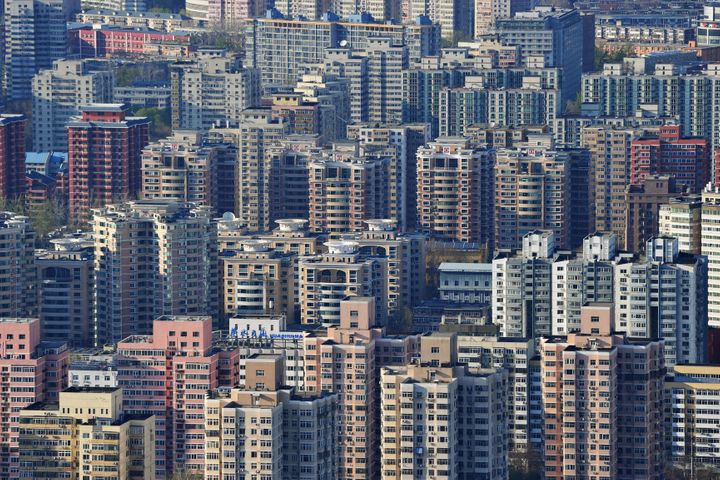 Beijing, First-Tier City Housing Prices Are Set to Decline, Says Chinese Academy of Social Sciences
Beijing, First-Tier City Housing Prices Are Set to Decline, Says Chinese Academy of Social Sciences(Yicai Global) June 12 -- Due to the contraction in credit supply and cross-regional real estate investment regulation measures introduced by local governments, sharp rises in property prices will come to an end in most Chinese cities, and housing prices in cities with major property bubbles such as Beijing will continue to decline in the near term, said a monthly report on housing market development released by the Chinese Academy of Social Sciences (CASS) quoted by ce.cn today. However, the real estate market will still face upside pressure in first-tier cities.
Tightening government regulation saw a decline in the overall property price growth in the key cities last month, said the report prepared by CASS's China housing development report team at the National Academy of Economic Strategy and the Center for City and Competitiveness. Housing prices in Beijing fell for the first time amid substantial declines in property prices in the neighboring cities as a result of a combination of regulation policies introduced by local governments, including stricter criteria for first-time homebuyers based on both property ownership and mortgage history and the 'multiple-school district partition' policy. That said, the report continued, Chongqing, Guangzhou, Qingdao, Chengdu and Jinan still witnessed relatively large increases in property prices last month.
According to big data housing price indices for major cities, property prices fell in all of Beijing's districts and counties last month. The biggest falls occurred in Xicheng (8.43 percent) and Haidian (7.45 percent), due to the blow to lofty school district housing prices following a major shift in local primary school enrollment policies focusing on property occupancy and multiple-school district partition. Tongzhou registered the smallest decline (0.01 percent), indicating that the "double restrictions" on property purchases in the district have effectively deflated price bubbles there.
Housing prices remained relatively stable in the key cities in recent months, mostly thanks to local governments' strict regulation on real estate investment, said Zou Linhua of the National Academy of Economic Strategy and Lv Fengyong of the Center for City and Competitiveness, co-authors of the report. From the macroeconomic perspective, money supply has been tightened; annual risk-free interest rates of monetary funds have exceeded 4 percent, and some banks hiked mortgage rates. These, coupled with individual as well as collaborative real estate regulation policies rolled out by local governments, will place considerable downward pressure on housing prices. In terms of supply and demand, however, the cities' efforts to increase property supply have been constrained by limited land supplies and environmental considerations, leaving the supply-demand imbalance unresolved.
The key cities should stick to the property purchase and mortgage regulation policies to keep a lid on housing prices, the report suggested. In the long run, the cities need to tackle the property shortage by developing city clusters.